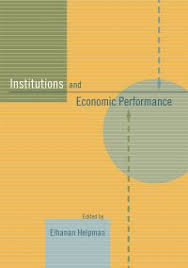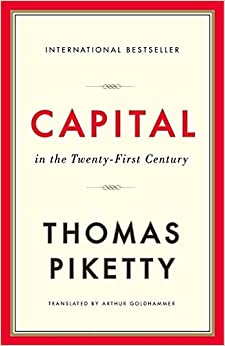ECO FIN BUSS & MGMNT
Featured Products
Economic & Business Environment (Paper 3) | CRACKER
₹285.00
M.R.P.:₹ 300.00
You Save: ₹15.00 (5.00% OFF)
Secretarial Audit Compliance Management & Due Diligence (SACMDD/Due Diligence) | CRACKER
₹450.45
M.R.P.:₹ 495.00
You Save: ₹44.55 (9.00% OFF)
Corporate Funding & Listings in Stock Exchanges (Corporate Funding) | CRACKER
₹472.50
M.R.P.:₹ 525.00
You Save: ₹52.50 (10.00% OFF)











